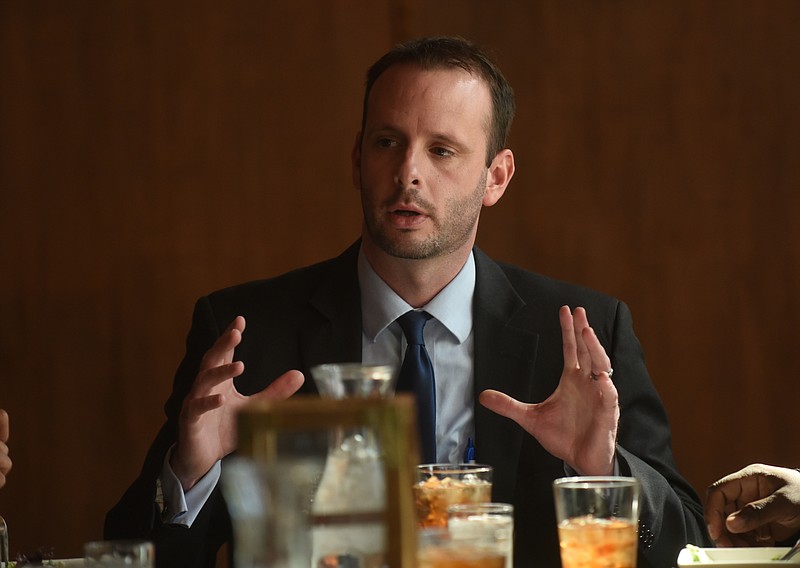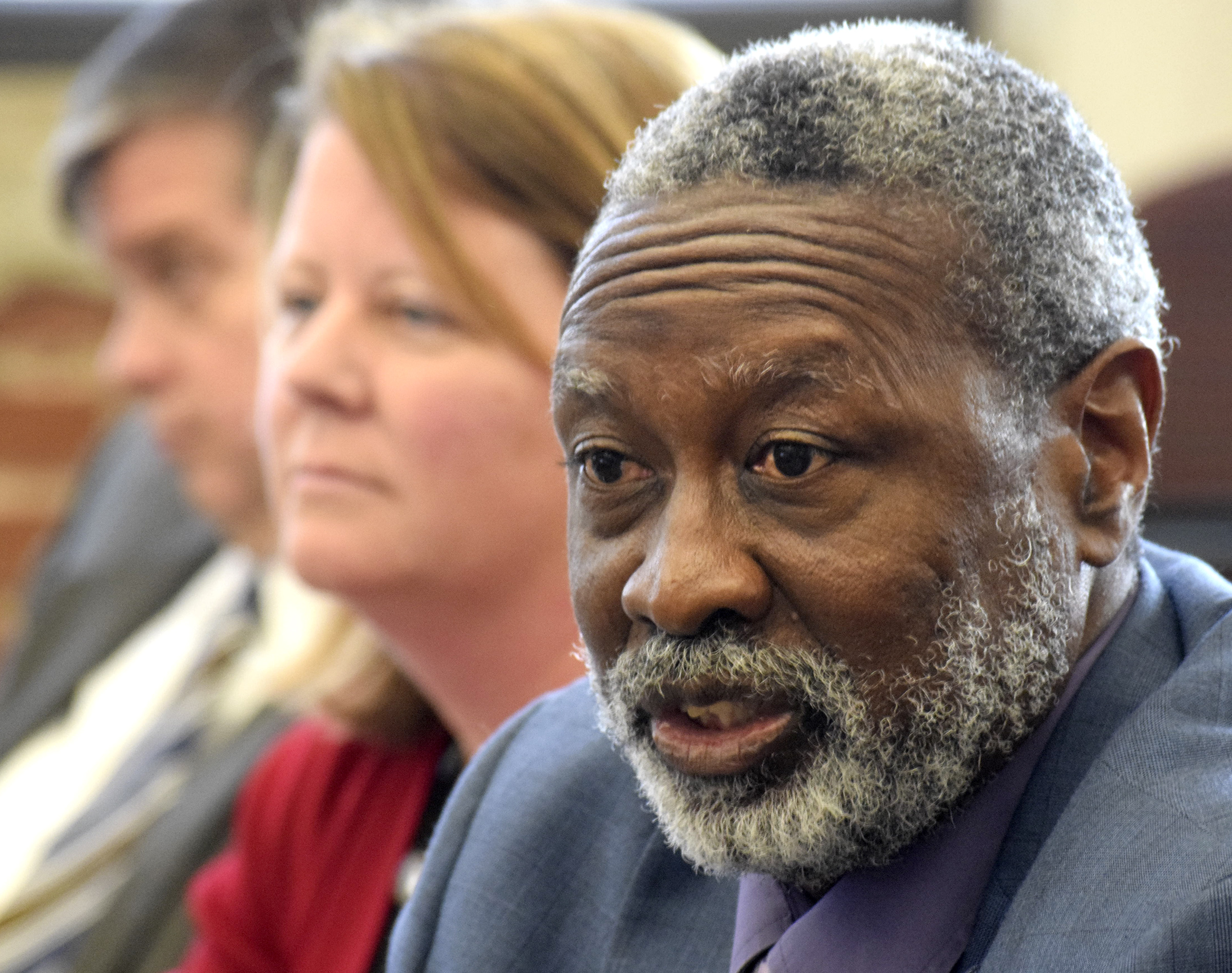Second Missionary Baptist Church Pastor Dr. Earnest Reid encouraged Chattanooga 2.0 participants to work toward Chattanooga becoming not only the most educated and workforce prepared city in the South, but in the United States.
He spoke Monday specifically to participants at the Chattanooga Interfaith Council Education Summit.
"This evening, we come after many months of dialogue to reflect particularly on how the faith community can contribute to the conversation of education, not only contribute in words, but more importantly how can we take our conversation and put it into action to advance the educational agenda that we have," said Reid.
He spoke to nearly 100 faith-based leaders, educators and Chattanooga 2.0 participants.
Chattanooga 2.0 coordinator Dr. Jared Bigham, who hosted the summit, explained that Chattanooga 2.0 isn't just a community-wide program aimed at improving academic excellence and career credentials in Hamilton County. It's also a movement, he said.
During Monday's event, panel discussions focused on the progress Chattanooga 2.0 has made since it began in 2015, as well as the work that still needs to be done.
"This is a great movement," said Hamilton County Schools Interim Superintendent Dr. Kirk Kelly. "I've been around more than 30 years in two different school systems and I have not seen the community in this time frame come together more to benefit our community, our students, our teachers, like what 2.0 has brought together."
Panelist Stacy Lightfoot, vice president of College & Career Success, noted one area where more support is needed. She said Chattanooga students need help finishing college.
"Our college matriculation rate is about 70 percent, but the six-year graduation rate of Hamilton County students is less than half. So we can get the students to college, but we can't get them through college," she said.
Other participants in the same panel included Gladys Pineda-Loher, director of International Community Outreach at Chattanooga State Community College; Donna McConnico, CEO of Signal Centers, and David Steele, vice president of policy and education at the Chattanooga Chamber of Commerce.
Reid said the interfaith community holds at least a part of the solution to local students doing well in school and being prepared for jobs.
The faith community provides the best social services delivery system there is, Reid said. He noted that the city has at least three places of worship for every school and that the faith-based community provides one of the largest volunteer bases in the country. He said the church could help with racial reconciliation and even address some behavioral issues or other blocks to learning youth may experience. The faith-based community can also help provide more stable families which would in turn provide more stable societies.
He challenged the interfaith community to make a long-term commitment toward working collectively for the educational improvement of youth. He also encouraged Chattanooga to work constantly with people of faith.
"Often times we cry separation of church and state until desperation sets in and then we want the faith community to be involved."
Contact staff writer Yolanda Putman at yputman@timesfreepress.com or 423-757-6431.

